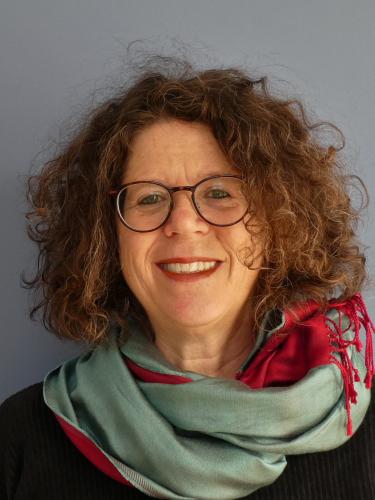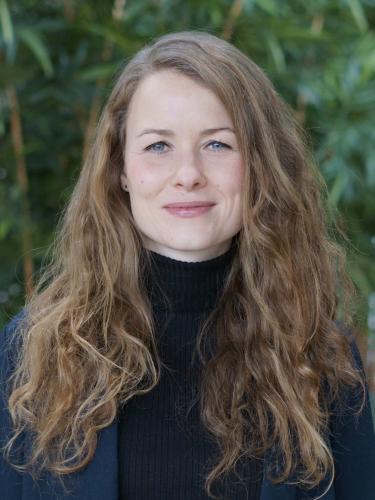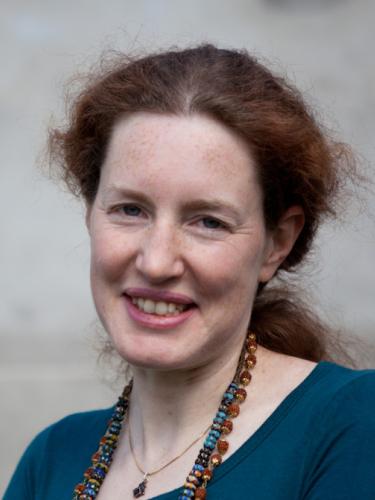Research TandemsQueer Heritage-Making in Times of Political Turmoil: A Transcultural Approach
Queer communities in South and Southeast Asia increasingly refer to cultural, historical, and religious heritage in order to seek social acceptance or political recognition. Our team builds on innovative, interdisciplinary approaches to explore these “heritage-making” strategies and their effects among different activist groups.

Project Description
In the face of mounting political and social opposition, queer communities in a variety of global contexts increasingly seek to legitimize their existence by referencing instances of gender and sexual diversity in historical and contemporary religious and cultural sources. In South and Southeast Asia, such aims to reclaim and rework (in)tangible heritage are articulated through for example the identification of gender-nonconforming characters within canonical texts, stories, and religious scriptures as well as non-heteronormative performative and artistic practices that speak to local or national identities. The research tandem applies a transcultural lens to these developments in order to examine the ways in which ‘queer heritage’ is referenced, imagined, appropriated, and performed in order to make claims about (collective) identities by different stakeholders.
This project draws on ethnographic case studies among queer communities in Nepal and Indonesia as well as their engagements with narratives and practices concerning religious and cultural heritage in the Indian context. The team will combine approaches from philology, history, and anthropology as well as novel research methods that speak to the artistic and activist practices of involved communities, such as online ethnography, drawing, and performative and artistic collaborative practices.
Aside from these research activities, the team will facilitate two international workshops and a joint publication in order to bring together scholars, activists, and artists working in and on different South and Southeast contexts.
The project is a Research Tandem funded by the Flagship Initiative Transforming Cultural Heritage (FI TCH) of Heidelberg University.


